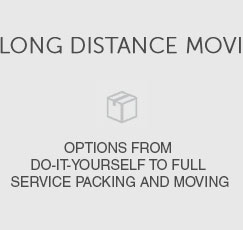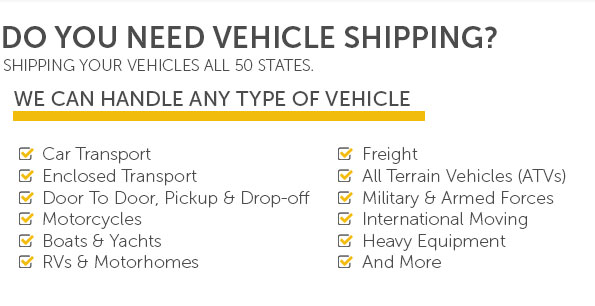 |
 |
 |
||
 |
 |
 |
 |
||
 |
 |
 |
 |
 |
 |
 |
 |
 |
 |
Understanding the Cost of Hiring a Moving Company: A Comprehensive GuideWhen it comes to relocating, whether you're moving across town or across the country, one of the biggest questions that inevitably arises is: How much will a moving company cost? The answer, as you might expect, is not as straightforward as one might hope. Costs can vary significantly based on a plethora of factors, and understanding these can not only help you budget effectively but also ensure you get the best bang for your buck. First and foremost, it's essential to recognize that the cost of hiring a moving company isn't a one-size-fits-all figure. Various elements play a pivotal role in determining the final bill. Distance, naturally, is a significant consideration. A local move, typically defined as within 50 miles, is generally priced differently compared to a long-distance move, which can cross state lines or even reach from coast to coast. For local moves, many companies charge by the hour, with prices usually ranging from $80 to $200 per hour depending on the size of the team and the complexity of the move. On the other hand, long-distance moves often have flat-rate pricing structures based on the weight of your belongings and the distance they need to travel. For instance, moving a studio apartment across the country might cost anywhere from $1,500 to $3,000, while a larger home could easily exceed $5,000. These are rough estimates, of course, and obtaining quotes from multiple companies is always a prudent step.
Moreover, don't forget to factor in tips, which are often expected and appreciated by movers who handle your possessions with care. A general guideline is to tip between 5% to 10% of the total move cost, or approximately $20 to $50 per mover for a day of hard work. In conclusion, while the cost of hiring a moving company can seem daunting, it's important to weigh these expenses against the convenience, efficiency, and peace of mind that professional movers provide. By doing your research, gathering multiple quotes, and understanding exactly what services you need, you can make an informed decision that aligns with both your budget and your moving needs. Ultimately, while saving money is important, ensuring the safe and smooth transition of your life's possessions is priceless. https://agoyu.com/learn/chicago-movers-cost/
The average cost for a local move within Chicago (under 50 miles) ranges between $300 to $1500. To make this more transparent, here is a simplified table based ... https://www.movebuddha.com/move-costs/il/chicago/
The average cost of labor-only moving companies in Chicago is an hourly rate of $50 for each crew member. Most moves even small one-bedroom ... https://aaamoversinc.com/blog/average-moving-costs-in-chicago/
Chicago mover rates for a three-bedroom house are higher than a studio apartment. How much crew you need. Many Chicago moving companies charge ...
|